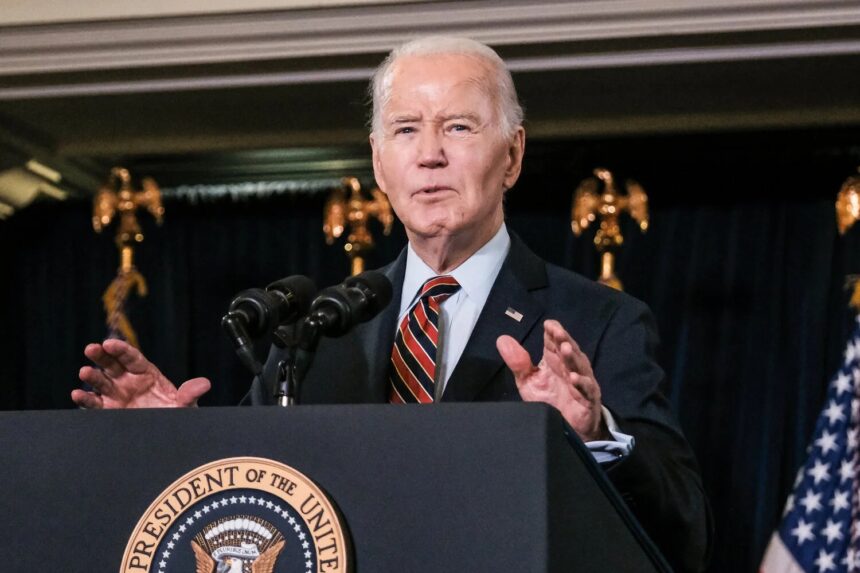On Monday, U.S. president Joe Biden vetoed legislation to add 66 new judges to understaffed federal courts nationally, a once widely bipartisan measure that would have been the first major expansion of the federal judiciary since 1990.
The JUDGES Act, initially supported by several members of both parties, would have increased the number of trial court judges in 25 federal district courts in 13 states including Florida, California, and Texas, in six waves every two years through 2035.
Hundreds of judges appointed by presidents of both parties took the unusual step of publicly advocating for the bill, claiming that federal caseloads had swelled by more than 30% since Congress last passed legislation to expand the court.
The outgoing Democratic president issued a veto threat two days before the law cleared the Republican-led House of Representatives on December 12 by a vote of 236-173.
Biden stated in a statement to the Senate that the bill “hastily” creates new judgeships without addressing key questions about whether extra judges were required and how they would be assigned nationally.
Republican Senator Todd Young of Indiana, who supported the bill in the Senate, criticised the veto as “partisan politics at its worst.” The bill’s proponents thought that by spreading out the additional judgeships over three presidential administrations, they could avoid lawmakers’ long-standing reservations about establishing new vacancies for an opposing party’s president to fill.
In August, it got unanimous support from the Democratic-led Senate. However, the bill lingered in the Republican-controlled House and was only considered for a vote after Republican President-elect Donald Trump won the Nov. 5 election and the ability to choose the first set of 25 judges.
That prompted accusations from top House Democrats, who began to abandon the measure, that their Republican colleagues had broken a central promise of the legislation by having lawmakers approve the bill when no one knew who would appoint the initial wave of judges.















